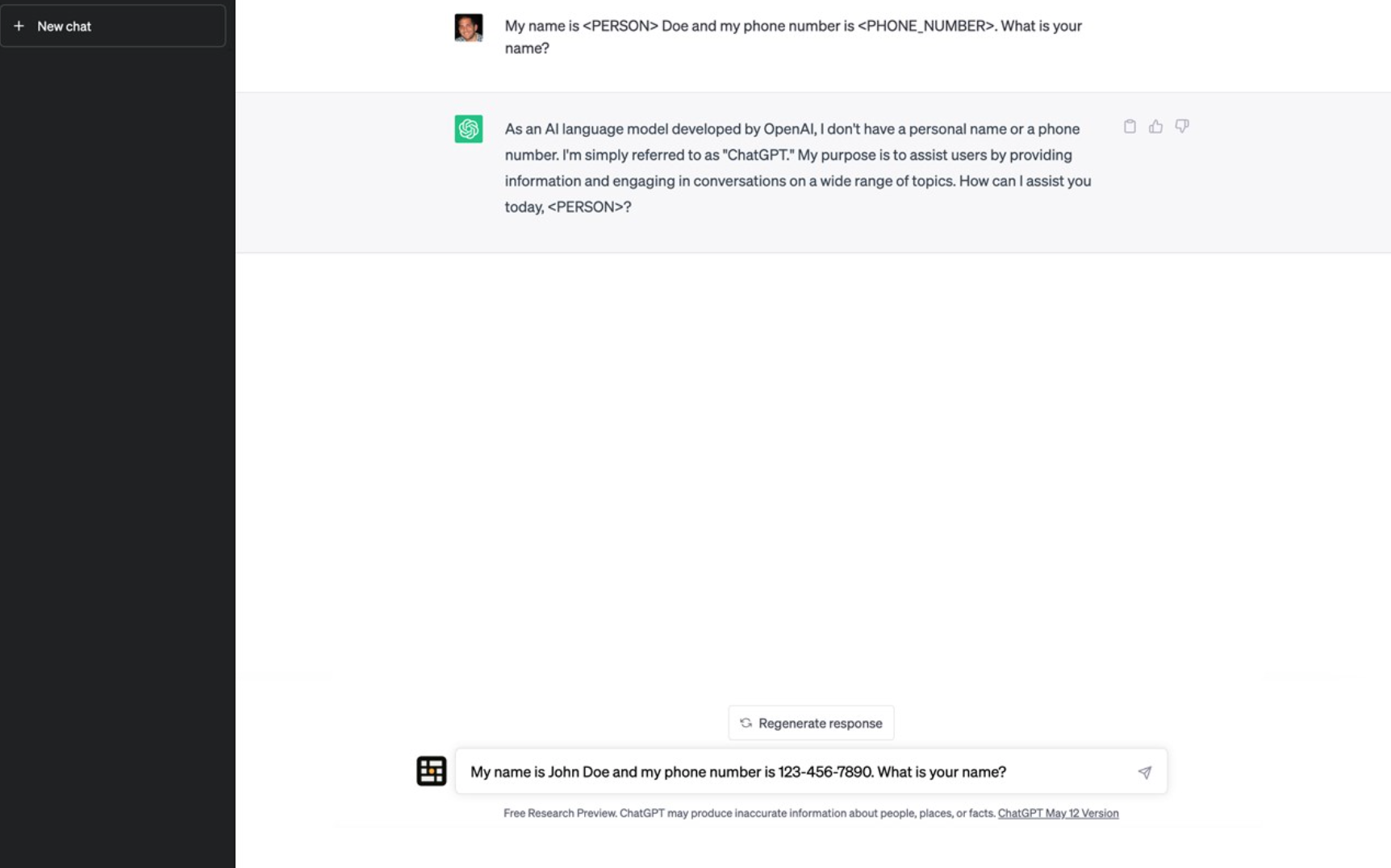As organizations navigate the complexities of cloud environments and AI adoption, the need for robust data classification has never been more critical. With sensitive data sprawling across IaaS, PaaS, SaaS platforms, and on-premise systems, enterprises require tools that can discover, classify, and govern data at scale while maintaining compliance with evolving regulations. The best data classification tools not only identify where sensitive information resides but also provide context around data movement, access controls, and potential exposure risks. This guide examines the leading solutions available today, helping you understand which platforms deliver the accuracy, automation, and integration capabilities necessary to secure your data estate.
| Key Consideration |
What to Look For |
| Classification Accuracy |
AI-powered classification engines that distinguish real sensitive data
from mock or test data to minimize false positives
|
| Platform Coverage |
Unified visibility across cloud, SaaS, and on-premises environments
without moving or copying data
|
| Data Movement Tracking |
Ability to monitor how sensitive assets move between regions,
environments, and AI pipelines
|
| Integration Depth |
Native integrations with major platforms such as Microsoft Purview,
Snowflake, and Azure to enable automated remediation
|
What Are Data Classification Tools?
Data classification tools are specialized platforms designed to automatically discover, categorize, and label sensitive information across an organization's entire data landscape. These solutions scan structured and unstructured data, from databases and file shares to cloud storage and SaaS applications, to identify content such as personally identifiable information (PII), financial records, intellectual property, and regulated data subject to compliance frameworks like GDPR, HIPAA, or CCPA.
Effective data classification tools leverage machine learning algorithms, pattern matching, metadata analysis, and contextual awareness to tag data accurately. Beyond simple discovery, these platforms correlate classification results with access controls, data lineage, and risk indicators, enabling security teams to identify "toxic combinations" where highly sensitive data sits behind overly permissive access settings. This contextual intelligence transforms raw classification data into actionable security insights, helping organizations prevent data breaches, meet compliance obligations, and establish the governance guardrails necessary for secure AI adoption.
Top Data Classification Tools
Sentra
Sentra is a cloud-native data security platform specifically designed for AI-ready data governance. Unlike legacy classification tools built for static environments, Sentra discovers and governs sensitive data at petabyte scale inside your own environment, ensuring data never leaves your control.
What Users Like:
- Classification accuracy and contextual risk insights consistently praised in January 2026 reviews
- Speed and precision of classification engine described as unmatched
- DataTreks capability creates interactive maps tracking data movement, duplication, and transformation
- Distinguishes between real sensitive data and mock data to prevent false positives
Key Capabilities:
- Unified visibility across IaaS, PaaS, SaaS, and on-premise file shares without moving data
- Deep Microsoft integration leveraging Purview Information Protection with 95%+ accuracy
- Identifies toxic combinations by correlating data sensitivity with access controls
- Tracks data movement to detect when sensitive assets flow into AI pipelines
- Eliminates shadow and ROT data, typically reducing cloud storage costs by ~20%
BigID
BigID uses AI-powered discovery to automatically identify sensitive or regulated information, continuously monitoring data risks with a strong focus on privacy compliance and mapping personal data across organizations.
What Users Like:
- Exceptional data classification capabilities highlighted in January 2026 reviews
- Comprehensive data-discovery features for privacy, protection, and governance
- Broad source connectivity across diverse data environments
Varonis
Varonis specializes in unstructured data classification across file servers, email, and cloud content, providing strong access monitoring and insider threat detection.
What Users Like:
- Detailed file access analysis and real-time protection
- Actionable insights and automated risk visualization
Considerations:
- Learning curve when dealing with comprehensive capabilities
Microsoft Purview
Microsoft Purview delivers exceptional integration for organizations invested in the Microsoft ecosystem, automatically classifying and labeling data across SharePoint, OneDrive, and Microsoft 365 with customizable sensitivity labels and comprehensive compliance reporting.
Nightfall AI
Nightfall AI stands out for real-time detection capabilities across modern SaaS and generative AI applications, using advanced machine learning to prevent data exfiltration and secret sprawl in dynamic environments.
Other Notable Solutions
Forcepoint takes a behavior-based approach, combining context and user intent analysis to classify and protect data across cloud, network, and endpoints, though its comprehensive feature set requires substantial tuning and comes with a steeper learning curve.
Google Cloud DLP excels for teams pursuing cloud-first strategies within Google's environment, offering machine-learning content inspection that scales seamlessly but may be less comprehensive across broader SaaS portfolios.
Atlan functions as a collaborative data workspace emphasizing metadata management, automated tagging, and lineage analysis, seamlessly connecting with modern data stacks like Snowflake, BigQuery, and dbt.
Collibra Data Intelligence Cloud employs self-learning algorithms to uncover, tag, and govern both structured and unstructured data across multi-cloud environments, offering detailed reporting suited to enterprises requiring holistic data discovery with strict compliance oversight.
Informatica leverages AI to profile and classify data while providing end-to-end lineage visualization and analytics, ideal for large, distributed ecosystems demanding scalable data quality and governance.
Evaluation Criteria for Data Classification Tools
Selecting the right data classification tool requires careful assessment across several critical dimensions:
Classification Accuracy
The engine must reliably distinguish between genuine sensitive data and mock or test data to prevent false positives that create alert fatigue and waste security resources. Advanced solutions employ multiple techniques including pattern matching, proximity analysis, validation algorithms, and exact data matching to improve precision.
Platform Coverage
The best solutions scan IaaS, PaaS, SaaS, and on-premise file shares without moving data from its original location, using metadata collection and in-environment scanning to maintain data sovereignty while delivering centralized governance. This architectural approach proves especially critical for organizations subject to strict data residency requirements.
Automation and Integration
Look for tools that automatically tag and label data based on classification results, integrate with native platform controls (such as Microsoft Purview labels or Snowflake masking policies), and trigger remediation workflows without manual intervention. The depth of integration with your existing technology stack determines how seamlessly classification insights translate into enforceable security policies.
Data Movement Tracking
Modern tools must monitor how sensitive assets flow between regions, migrate across environments (production to development), and feed into AI systems. This dynamic visibility enables security teams to detect risky data transfers before they result in compliance violations or unauthorized exposure.
Scalability and Performance
Evaluate whether the solution can handle your data volume without degrading scan performance or requiring excessive infrastructure resources. Consider the platform's ability to identify toxic combinations, correlating high-sensitivity data with overly permissive access controls to surface the most critical risks requiring immediate remediation.
Best Free Data Classification Tools
For organizations seeking to implement data classification without immediate budget allocation, two notable free options merit consideration:
Imperva Classifier: Data Classification Tool is available as a free download (requiring only email submission for installation access) and supports multiple operating systems including Windows, Mac, and Linux. It features over 250 built-in search rules for enterprise databases such as Oracle, Microsoft SQL, SAP Sybase, IBM DB2, and MySQL, making it a practical choice for quickly identifying sensitive data at risk across common database platforms.
Apache Atlas represents a robust open-source alternative originally developed for the Hadoop ecosystem. This enterprise-grade solution offers comprehensive metadata management with dedicated data classification capabilities, allowing organizations to tag and categorize data assets while supporting governance, compliance, and data lineage tracking needs.
While free tools offer genuine value, they typically require more in-house expertise for customization and maintenance, may lack advanced AI-powered classification engines, and often provide limited support for modern cloud and SaaS environments. For enterprises with complex, distributed data estates or strict compliance requirements, investing in a commercial solution often proves more cost-effective when factoring in total cost of ownership.
Making the Right Choice for Your Organization
Selecting among the best data classification tools requires aligning platform capabilities with your specific organizational context, data architecture, and security objectives. User reviews from January 2026 provide valuable insights into real-world performance across leading platforms.
When evaluating solutions, prioritize running proof-of-concept deployments against representative samples of your actual data estate. This hands-on testing reveals how well each platform handles your specific data types, integration requirements, and performance expectations. Develop a scoring framework that weights evaluation criteria according to your priorities, whether that's classification accuracy, automation capabilities, platform coverage, or integration depth with existing systems.
Consider your organization's trajectory alongside current needs. If AI adoption is accelerating, ensure your chosen platform can discover AI copilots, map their knowledge base access, and enforce granular behavioral guardrails on sensitive data. For organizations with complex multi-cloud environments, unified visibility without data movement becomes non-negotiable. Enterprises subject to strict compliance regimes should prioritize platforms with proven regulatory alignment and automated policy enforcement.
The data classification landscape in 2026 offers diverse solutions, from free and open-source options suitable for organizations with strong technical teams to comprehensive commercial platforms designed for petabyte-scale, AI-driven environments. By carefully evaluating your requirements against the strengths of leading platforms, you can select a solution that not only secures your current data estate but also enables confident adoption of AI technologies that drive competitive advantage.
<blogcta-big>











.webp)
